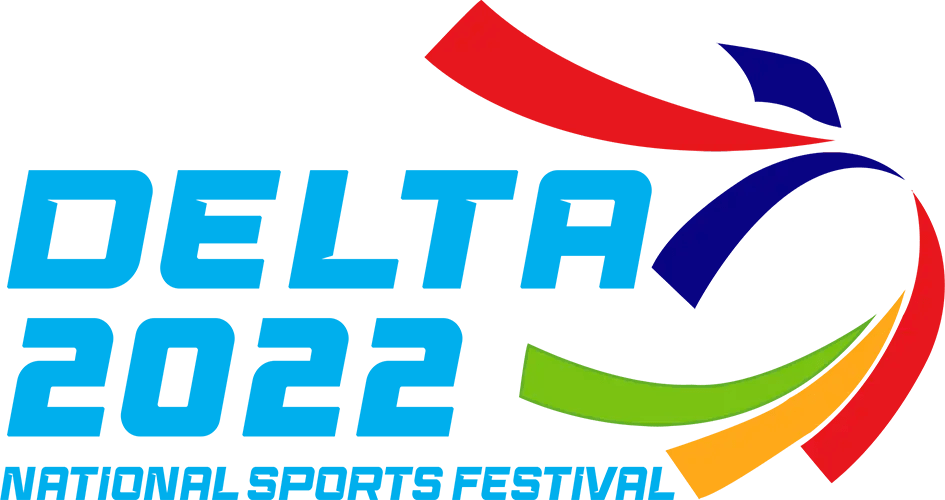Delta 22: Lessons from the sports fiesta
As the 21st National Sports Festival (NSF), tagged Delta 22 ended on Saturday, December 10th 2022, at the Stephen Keshi Stadium in Asaba capital of Delta State, it wrapped up among other conditions, a rich package of memories of outstanding sports attainments, consolidation of national cohesion and unity as well as lessons for future outings […]

As the 21st National Sports Festival (NSF), tagged Delta 22 ended on Saturday, December 10th 2022, at the Stephen Keshi Stadium in Asaba capital of Delta State, it wrapped up among other conditions, a rich package of memories of outstanding sports attainments, consolidation of national cohesion and unity as well as lessons for future outings of its nature. Lasting for 12 days from November 28 to December 10, the sports fiesta featured participation of the entire 36 states of the federation who fielded athletes for all the 38 sports on show. Among the highlights was the collapse of previous national sporting records, and the setting of new ones. Also, was the dexterity displayed by the Delta State government to make the event hold by ensuring even with last minute frenetic efforts to effect critical up-grade of facilities to meet the deadline for the festival.
At the end of the day, host Delta State carried the day as the winner with a total medal haul of 320 gold, 200 silver and 128 bronze. Neighbouring Bayelsa State was second with 132 gold, 115 silver and 90 bronze. Coming up in third position was the host of the immediate past 20th NSF, Edo State with 28 gold, 94 silver and 167 bronze. Trailing the medal table with no laurel to show for its outing was Zamfara State. The dominance of the festival by the three neighboring Niger Delta states led some observers to tag the show as a ‘South South’ rout.
In his address to the closing ceremony, President Muhamadu Buhari who was represented by the Minister for Sports, Sunday Dare, hailed the festival as a huge success. He congratulated the teams for their outstanding performance at the event and was quick to add that, “As sportsmen and women, we have been trained to accept defeat at a Sports event as a challenge to do better next time, therefore, we are all winners. With that, I congratulate all the athletes, coaches, technical and other officials for making the Festival a memorable one.”
The Nigerian National Sports Festival is a biennial multi-sports competition that has been organised since 1973 and attracts participation by athletes from all states in the federation, which were 12 at the beginning and 36 by now. Started and staged in 1973 at the National Stadium, Surulere, Lagos, the competition was originally conceived as a “unifying tool” with the main purpose of promoting peace and cross-cultural affiliation in Nigeria after the Nigerian Civil War in 1970. The contest also serves as a development and training event to aid athletes prepare for continental and international meets. The foregoing alone testifies to the monumental significance to national development. Among other general objectives of the National Sports Festival are to build a robust talent pool of athletes, to enhance and elevate sports at grassroots level and to enhance cultural and educational development. Given the history of the country with respect to sports development since 1973, it is without doubt that the NSF has provided the country with significant dividends.
It is against the backdrop of the foregoing that the numerous lessons from “Delta 2022’ remain relevant for sports development across the country. In this respect, the shining example of Delta State cannot be glossed over, which is a dividend it has earned for investing in and promoting sports development. Even the Minister of Youth and Sports Development, Sunday Dare commended Delta State efforts in developing sports over the years and advised states across the country to pay more attention to the venture.
As has been proven times without count, sports development plays a major role in national development, especially in respect of moulding the impressionable youth along positive mindsets that promote civil conduct in their dealings with the wider society. The country stands to benefit immensely from the upgrade in states investing more in sports development with respect to building standard facilities, especially at the grassroots level. Of particular interest is the situation whereby not up to 25 per cent of the 774 local government areas in the country have designated standard stadia for even the basic sporting activities. This situation detracts significantly from the ‘catch them young’ programme to harvest young talents at the ripe ages. Also of concern is the lamentable state of affairs in the country’s apex sports development agency, the National Sports Commission (NSC), whereby of the 42 sports federations, only a handful are presently disposed to organising regular competitions for athletes, both locally and abroad.
Hence, given the critical role of sports development diverting youth from vices, the need for a new sports development culture is not only self-manifest but can only succeed if handled from a holistic angle involving the NSC and all states in the country working in unison.
